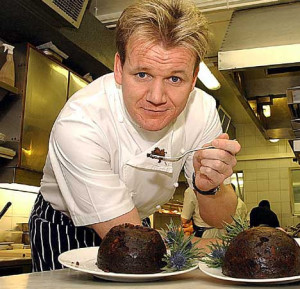The Commis chef position is regarded as the entry-level position that is designed to teach up and coming chefs about life in a kitchen. For those who have ambitions of working in creating Michelin-style dishes, these dreams will need to be placed on hold as the job first entails conducting preparation work for the senior chefs. However, this is the ideal opportunity for new chefs to learn about this art of cooking.
The Details
To begin with, the entry level chef will be rotated through the different parts of a kitchen. This can include sauces, pastries, fish, meat and vegetables. The Commis chef will typically participate in the following:
•Ensuring safety, health and hygiene all the time
•Preparing specified ingredients for the team members in a kitchen
•Measuring out portion sizes and dish ingredients
•Assisting with deliveries related to stock
This entry-level position means that the chef starts out right at the bottom but will be able to progress onto better positions as time goes by.
The Money
To begin with most Commis chefs will find it hard to earn over 18k in the top rated restaurants based in London. Typically the majority of Commis chefs earn around 12k.
The Advantages
Kitchens can be viewed as an exceptional example of excellent teamwork. This related to that the entire group will need to work alongside and together to make sure food is of the best quality, gets delivered promptly and that it arrives at a table hot. Commis chefs can expect friendship and banter but must also be prepared to be shouted at every day as most head chefs are stressed and get hot and bothered.
The Disadvantages
One of the worst parts relating to the Commis chef will have to be the long hours. This job consists of very early starts in order to ensure the prep work is completed before a restaurant opens as well as very late finishes to make sure the kitchen is clean and tidy at the end of a shift. Commis chefs soon realize that they can forget about bank holidays and weekends. This career is based on passion and one will really need to work incredibly hard in order to go anywhere.
The Study Involved
There are no qualifications required for becoming a Commis chef as one can easily do what is known as an on-the-job apprenticeship. For those interested there are specific NVQs, diplomas and degrees which are an advantage to gain. Other benefits can include obtaining certificates in food hygiene, health and safety.
